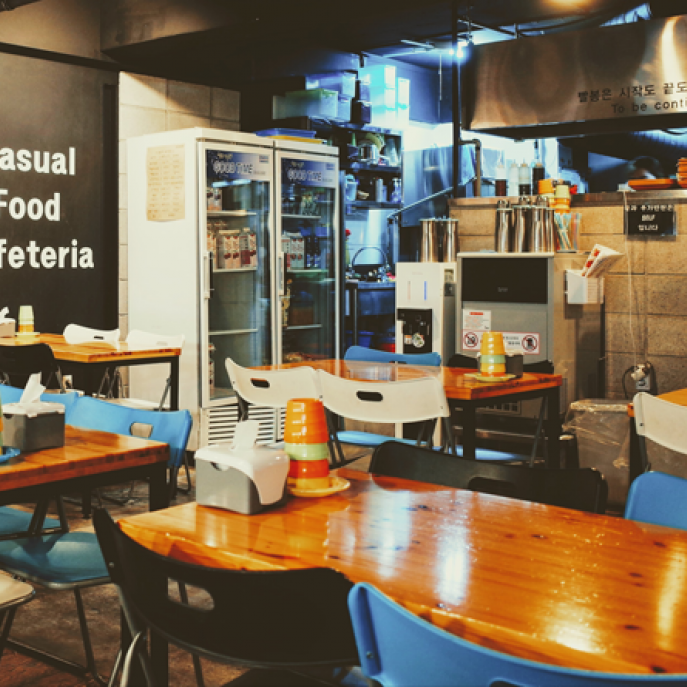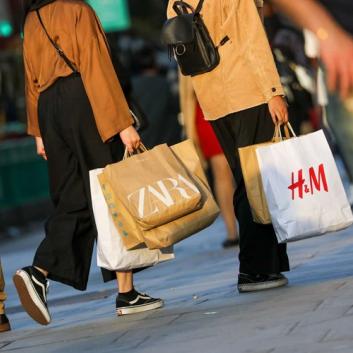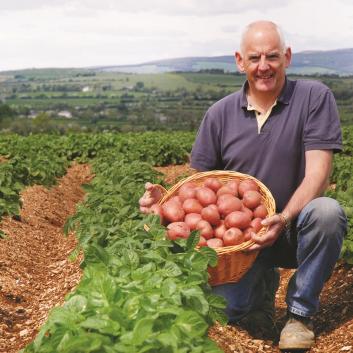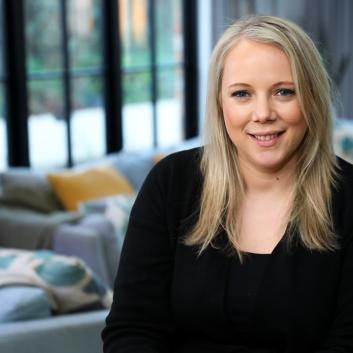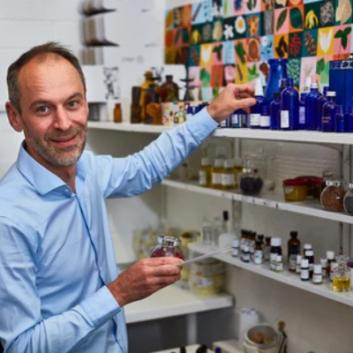Protecting public health and the environment!
Ageing sewer networks are coming under increasing pressure from growing populations and decades of underinvestment which resulted in the growing number of Fatbergs.
A Fatberg is essentially a congealed mass which blocks sewer systems, building up of a combination of non-biodegradable pieces, such as grease, cooking fat or wet wipes and other materials we flash down.
Many cities’ sewer systems are filling up with Fat, Oil, and Grease (FOG) because not everyone is playing their part in controlling what they put down the drain.
The Thames Water company spends upwards of £1 million a month clearing fatbergs and blockages in the Greater London area alone, dealing with over 55,000 fatbergs and blockages a year.
Perhaps the most famous case was the Whitechapel Fatberg in London 2017, which weighed the same as 11 double-decker buses and took an eight-man crew and three weeks to clear.
A threat to our health and environment
The health hazards which Fatbergs present to residents are even more alarming since they contain potentially infectious bacteria including listeria, campylobacter, and E-coli. These strains were found to survive even when treated with drugs.
The damage to the environment is no less stark. When oils hit the water, they form a film at the surface, reducing the amount of oxygen in the water, which aquatic life depends on.
As such this pollution leads to continuous maintenance and clean-up which extremely costly and time-consuming.
It is very similar to the single-use plastic problem which was unrecognised for so long that now it becomes one of the biggest threat to the environment and local communities.
On a mission to protect people and nature
With a heart for innovation, sustainable entrepreneurship and background in catering Lily van Hende believe that there has to be an easy way for restaurants, cafes, and other food outlets to protect their business and community.
She has a passion to deal with modern environmental issues and a professional dedication to change everyday practices how food-service providers and governmental organisations are managing Fat, Oil, and Grease (FOG).
Lily shares some insights on her work at SwiftComply providing an innovative solution to tackle with the beast lying underneath our feet.

Changing Tides
We are on a mission to change the way foodservice entrepreneurs think about Fat, Oil and Grease (FOG) management. We combine our cloud-based smart solutions with continuous education and outreach to raise awareness and connect different stakeholders to drive positive change in this sector.
Many restauranteurs carry out sustainable FOG management practices but have no way of communicating this to the wider public or connect with peers. We believe that collaboration and continuous education is the key to changing how people think about and deal with FOG.
We organised the first ever European FOG Summit in Amsterdam early March 2019. Here we gathered like-minded people working in this sector, from industry professionals to regulators and food service entrepreneurs.
We gained so much insight from many different countries and water utilities, it was a real eye-opener about the different approaches to the same problem.
The feedback we got was beyond fantastic, this is something I am really proud of. One of the reactions that stick in my mind is: “I thought we were alone in our fight against fatbergs until I met so many people from all over the world doing exactly the same thing as we do.”
Personal dedication
I grew up in a restaurant, so I have literally been serving food since childhood. Despite that, a few years ago I began working in the tech industry. Still, the food sector will always be part of my life since my husband is a food and diet consultant.
First I worked for a start-up in Belgium, and shortly after that, I got my ticket to Google in Dublin. After a few months, I realized that Google is an enterprise with a huge ecosystem and it made me feel uncomfortable. I was looking for a role where my decisions create positive impact both for the business and the world around me. It didn’t take long before the offers came in my mailbox.
At SwiftComply I thoroughly enjoy having direct contact with the founder, being able to communicate with the person in charge and working closely with a tightknit and highly capable team.
I am a firm believer in using technology in our everyday life and work.
In a perfect world, every food service establishment would have a grease trap. And the grease collected from the device would all be processed to reuse as biodiesel. Food service establishments tend to easily adopt technology, but you’d be surprised how outdated the processes behind the scenes are. Paperwork is on the daily duty list of a restaurant manager.
Small company, big impact
Our CEO Michael O’Dwyer was working as an engineer at Dublin City Council when he developed Europe’s first Fat, Oil, and Grease (FOG) regulatory program to solve Dublin’s growing problems.
Michael set about creating a tool that would revolutionize how cities around the globe collaborate with the foodservice industry to solve this problem. Today over 450 Cities across North America and Europe choose SwiftComply to support and enhance their programs.
When you want to establish a mental and behavioural shift, you need the government to have your back.
Working together with governments, authorities, and regulators, allows us to influence and educate mainstream entrepreneurs on the dangers growing below our feet.

We don’t actually have our desk next to each other, we work remotely at a long distance and big time zone differences. Yet it feels so close thanks to the technologies nowadays.
Also, engaging with so many different stakeholders from small businesses to corporate and government institutions opens new perspectives which give me a greater understanding of their activities and how they relate to each other.
Don’t let Fat, Oil, Grease become the next plastic issue!
This isn’t a high priority topic on most of the European agendas, in fact, it’s so under-highlighted that we definitely need to open even more conversations with stakeholders from all levels.
Raising awareness about the issue with the regulators is our way to go forward.
We are planning to organize cross border roundtables in Belgium for example, where the situation is very similar to The Netherlands. Here water utilities are the requesting party to organize info evenings to open a dialogue with food service establishments in order to learn and understand more about challenges on both sides.
There’s no one single solution for an underestimated problem that impacts the entire society. That’s why we need to continuously collaborate, educate and communicate.
If we want to safeguard our urban communities and environment in the long term, we need to put FOG management higher up the agenda today and tomorrow.
We’re calling all environmental officers and regulators, water authorities and food service entrepreneurs to do their part before it’s too late!
I'd like to invite leaders who are working in a related field to join us at the upcoming FOG Summit! Please feel free to get in touch to learn more!






